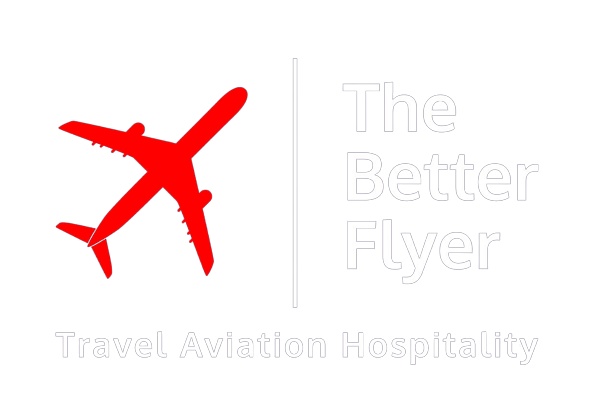Despite a fragile economy and rising inflation, travel rates have reached record levels this year, indicating a clear appetite among consumers to get away – but travel brands’ marketing efforts aren’t making an impact. This was the chief finding of a survey of 600 adults in the United States, which identified how often consumers are traveling, what’s motivating them to book trips, and the considerations involved in their decisions.
It’s time for brands to restrategize and put the power of cutting-edge generative artificial intelligence technology to work to capitalize on the booming travel market opportunity.
Digital travel marketing needs a new approach
Three-quarters of the survey respondents (75%) plan to take more trips this year than last, regardless of financial constraints. However, according to the study, hotel, airline, booking sites and other travel brands’ outdated digital marketing endeavors did little to impact bookings. In contrast, the study found that word of mouth and familiarity proved more influential; 84% selected their last travel destination because of personal ties, compared with just 6% who engaged with traditional (i.e., not optimized by genAI) email campaigns. Clearly, travel brands are leaving dollars on the table and missing out on critical opportunities to strengthen their customer relationships.
Applying AI to motivate customers
Today’s travel brands are overflowing with customer data, but aren’t maximizing its potential to drive revenue, alongside customer retention, engagement and loyalty. Enter genAI. GenAI can gather insights about the emotional drivers (and related language) motivating your customers to book stays, flights and more and be used to personalize digital messaging across every stage of the digital booking journey. It can create campaign messaging that leans into right-timed language that motivates and delivers proven results, including a significant boost to conversion rates across digital channels.
For example, the study found that escaping from routine motivates travelers the most, whether that’s reconnecting with loved ones, journeying with friends or just getting away from the day-to-day. However, you can unearth these same insights without administering a survey or spending hours manually sifting through databases; instead, use genAI to identify those emotional drivers and quickly craft high-performing words and phrases that not only speak to each consumer but also outperform control content from human marketers.
The travel booking use case
Online booking abandonment in the travel industry is around 80% and, while most travel and hospitality brands invest heavily in personalizing most of their digital booking experience, they usually neglect a critical component of the journey: the checkout page. By creating language proven to excite future travelers, you can ensure more booking completions and guide more customers to their dream getaways.
Subscribe to our newsletter below
The key is using in-depth analysis of customer impressions and interactions to pinpoint the way in which people want to be communicated with. In our 2023 Customer Motivation report, we found that motivators like “rejuvenation” and “escapism” drove the highest customer engagement. Marketers can put this insight to use by delivering language around these themes, such as “We’re giving you an excuse to take a day off” or “You deserve a relaxing getaway.” While this language can be individually effective on a case-by-case basis, enlisting genAI is essential to seeing results at scale.
Such results aren’t just theoretical. Many airlines, cruise lines, booking sites and other travel brands have already begun reaping the benefits of emotion-informed genAI. One large airline customer boosted its revenue by 48% by adding a first-class seat upgrade web banner using AI-generated language, leading to $8 million in incremental revenue. Another airline promoted a flexible dates feature on its website to encourage use and ultimately motivate more flight purchases; the result was a 68% increase in ticket sales, simply from using specialized generative AI.
It’s time to rejuvenate travel marketing with genAI
GenAI is the missing link connecting your customers to better, more relevant booking experiences and higher order value. With the myriad genAI tools on the market today, it’s worth exploring solutions that could bolster both the efficiency and effectiveness of your marketing team’s capabilities, as well as enhance your guests’ or passengers’ experiences. With a little technology help, travel and hospitality brands can make the most of the travel boom and create a digital experience that drives customer conversion, loyalty and revenue.
Just like how your customers find flights or hotel stays that align with their budget and personal interests, once you find that sweet spot between your marketing budget and your customers’ emotions, it’s wheels up for your marketing performance.

